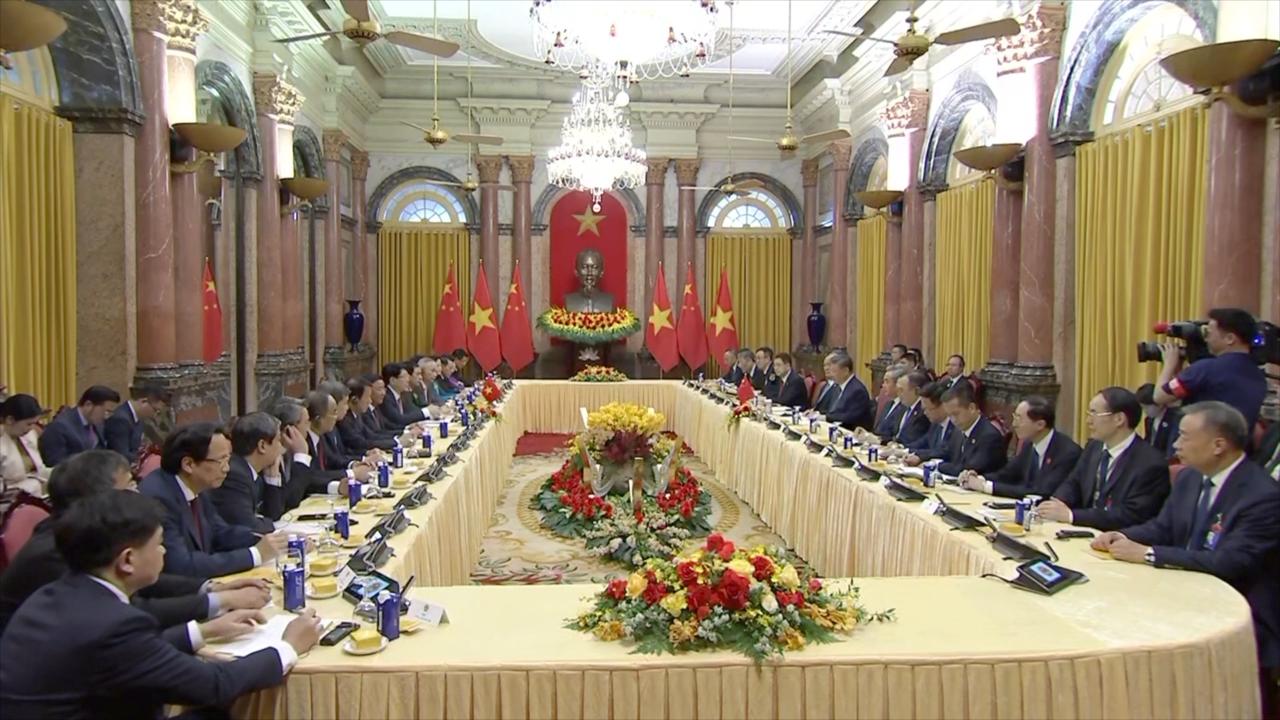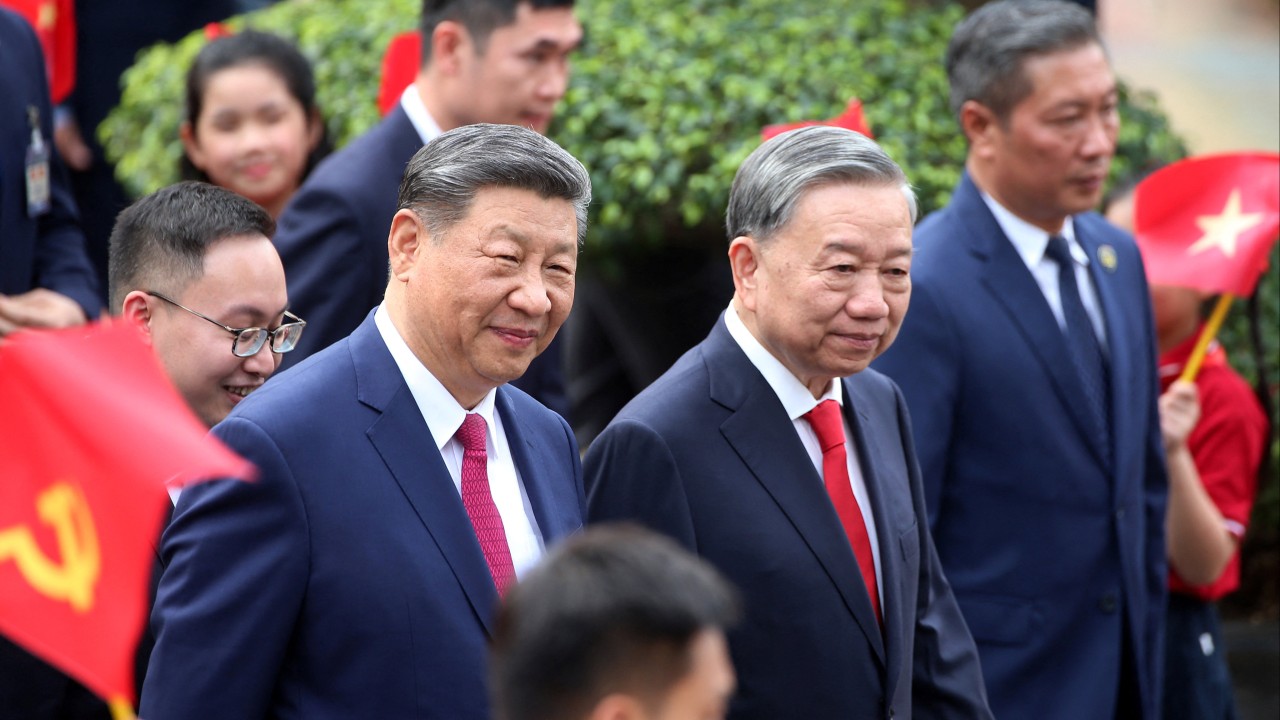
As technology rapidly advances, 6G, the next-generation wireless technology after 5G, has emerged as a global focal point in the race for next-generation communication. Speaking at the Global 6G Conference 2025 on Thursday, Wu Hequan, an academic at the Chinese Academy of Engineering, predicted that smartphones will evolve into artificial intelligence terminals as China works to commercialize 6G around 2030, empowering users to create content more efficiently and spurring a new wave of information consumption.According to Wu, communication technologies are undergoing fundamental transformations from 5G to 6G."From 1G to 4G, we saw a relatively smooth progression from voice communication to data services," he said.
The focus during those generations remained largely on consumer services, with a clear technical path relying on modulation, coding, and multiple access technologies.However, the arrival of 5G changed the game.
In addition to serving consumers, 5G was designed to support a broad range of industries.
Unlike consumer applications, which tend to be universal, industrial applications often require highly customized solutions. Since China rolled out commercial 5G in 2019, download speeds have increased seven- to eightfold compared to 4G, said Wu.
Despite this, Wu noted that user experience may have fallen short of initial expectations, especially in industrial applications, which have developed more slowly than anticipated.
These gaps, he said, pose new challenges for 6G development."6G still needs to prioritize mass-market consumer applications," Wu said.
"With the rise of AI, we may see new types of terminal devices emerge in the 6G era.
But that also brings uncertainty to how consumer applications will evolve."Yu Xiaohu, an academic at the Chinese Academy of Sciences and director of Purple Mountain Laboratories, told media at the conference on Thursday that 6G is not simply about faster speeds.
Instead, he highlighted breakthroughs in integrated sensing and low-altitude communications as game changers that will open new avenues for innovation."In the 6G era, data, AI, and business operations will become tightly intertwined," Yu said.
"Together with industrial network technologies, this will form a super-converged system, a powerful technological toolbox combining communications, computing, AI, and industrial control."According to Yu, this could help resolve several of the limitations currently facing 5G in industrial settings.With China targeting 2030 for commercial 6G deployment, Wu envisioned a major leap similar to the iPhone's impact in 2007, transforming mobile phones from simple tools into smart devices."The combination of AI terminals and 6G will significantly enhance users' content creation capabilities," he said.
"That will fuel a new wave of information consumption and usher in the next evolution of mobile devices, meeting strong and growing demand from the public."The Global 6G Conference 2025 is scheduled to run from April 10 to 12 in Nanjing, east China's Jiangsu Province.
With "Frontier Innovation Driving 6G Development" as its core theme, the event focuses on the global 6G vision consensus and standardization.

 15
15

















